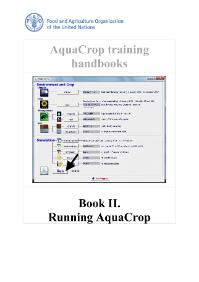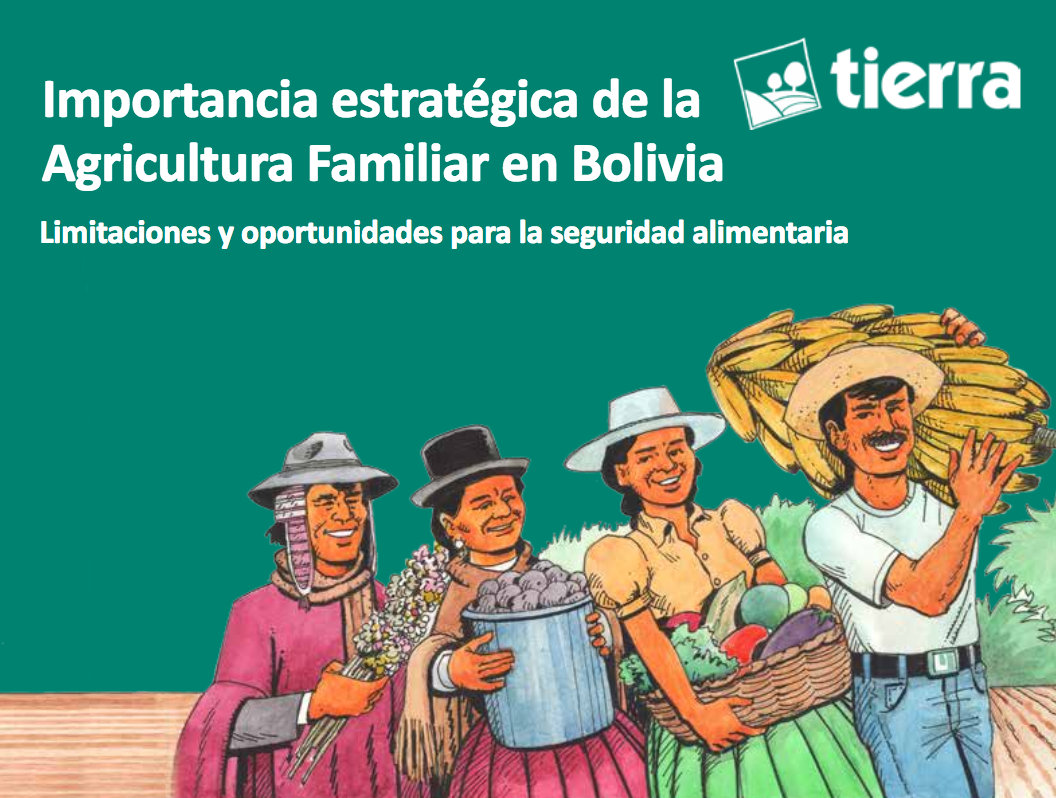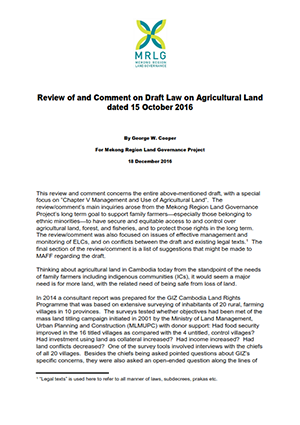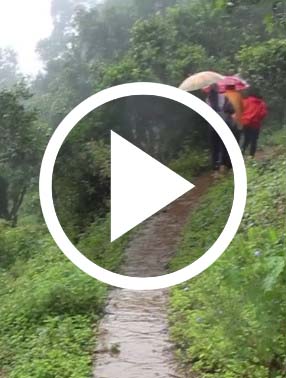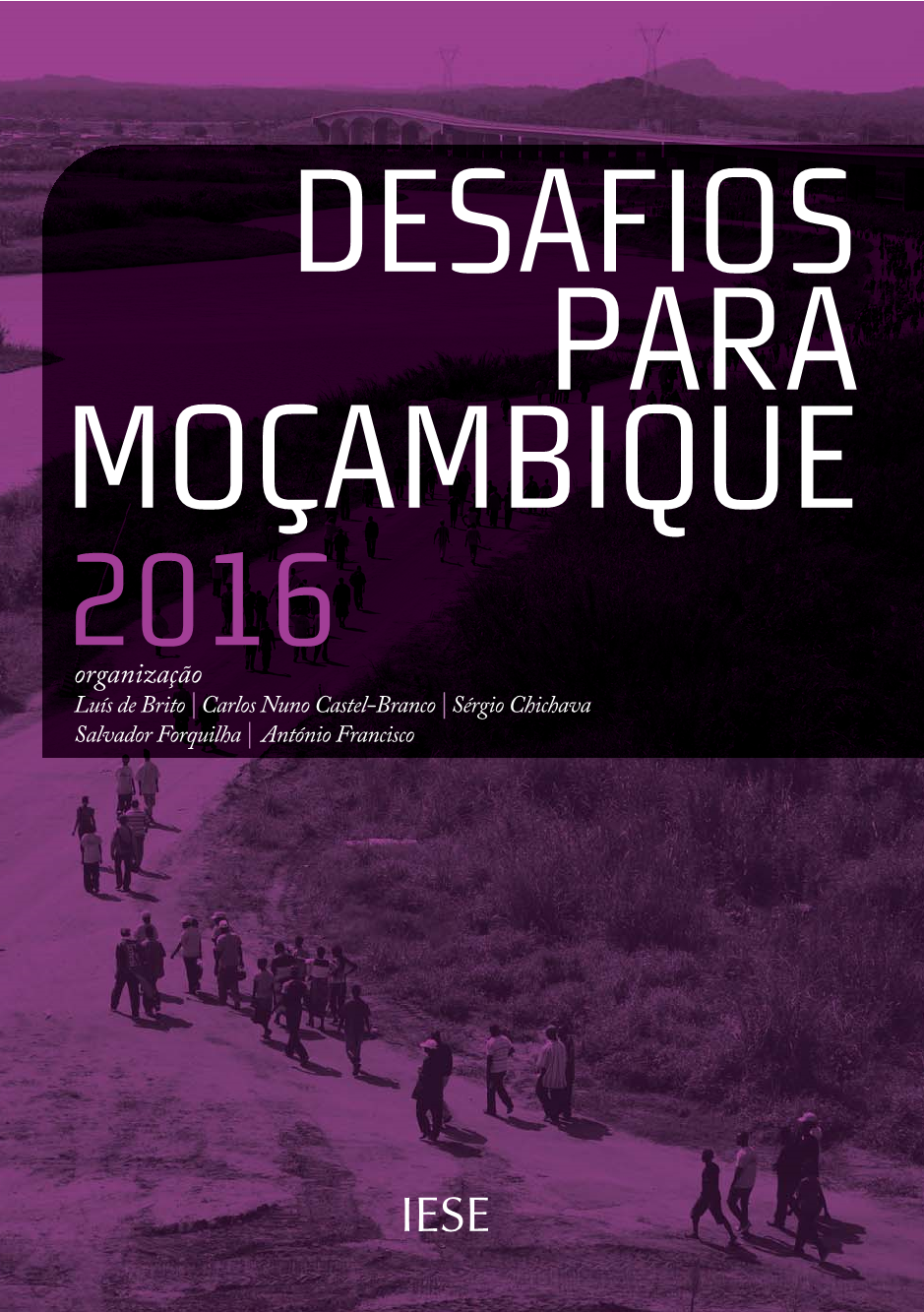Effects of oil palm expansion through direct and indirect land use change in Tapi river basin, Thailand
The Thai government has ambitious plan to further promote the use of biodiesel. However, there has been insufficient consideration on the environmental effects of oil palm expansion in Thailand. This paper focuses on the effects of oil palm expansion on land use. We analysed the direct land use change (dLUC) and indirect land use change (iLUC) caused by the oil palm expansion and its effects on ecosystem services supply. Our analysis shows that between 2000 and 2009 dLUC related to oil palm expansion was more prevalent than iLUC.


